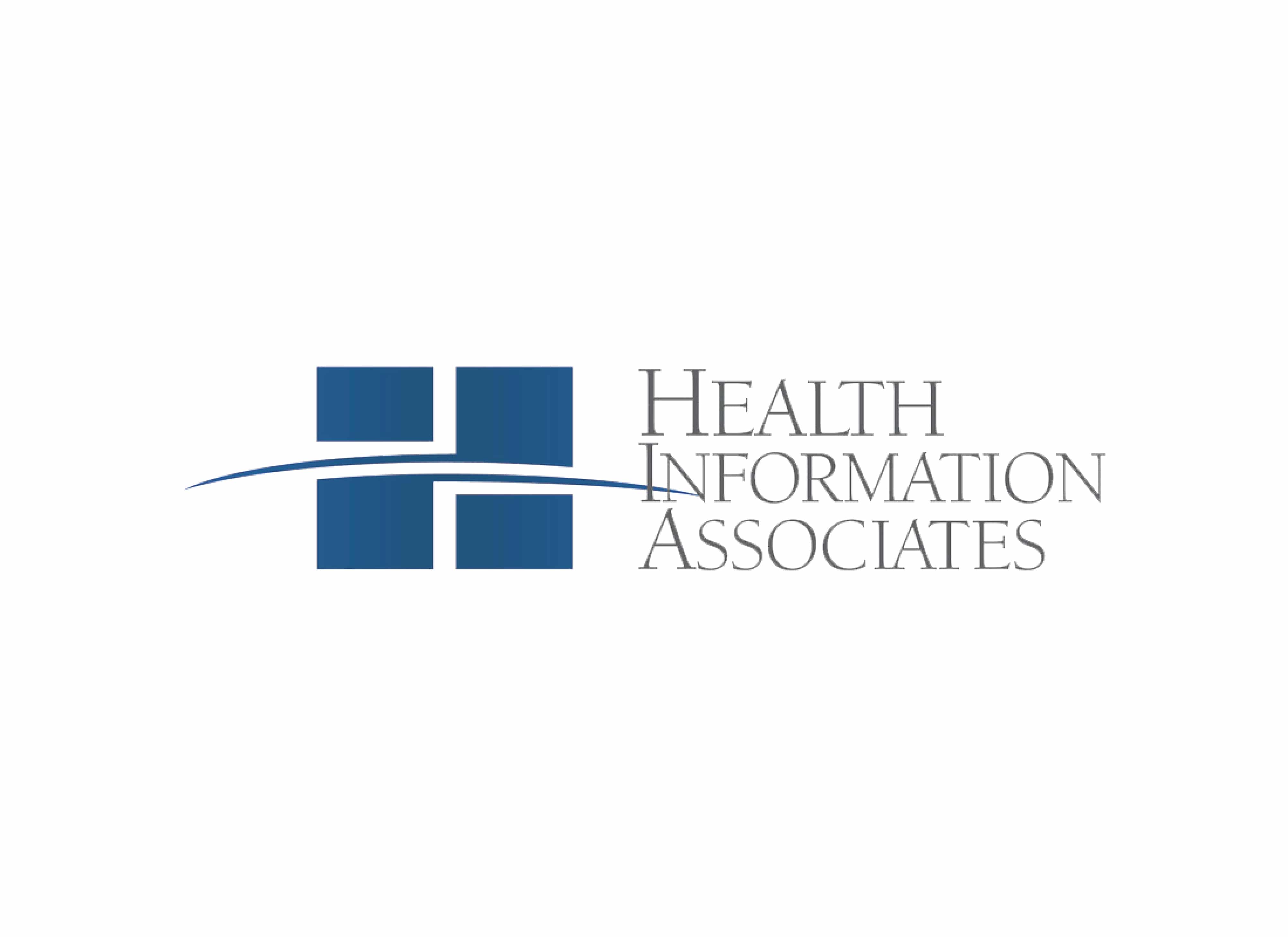
Deborah Johnson
MMHC, M.Ed., CHC, RHIT, CCS-P, CDIP
Physician Services Consultant
Medicare/Medicaid in a nutshell:
- Medicare is a federal insurance program that provides health coverage if you are 65 or older or have a severe disability. Income is not an eligibility criterion.
- Medicaid is a State and federal assistance program that provides health coverage for those with limited income and/or resources.
- If an individual is eligible for both Medicare and Medicaid (dual eligibility), he/she can have both.
Let me explain in more detail…
Medicaid:
- Medicaid is jointly funded by the federal government and the State.
- The program varies from state to state and is run by State and local governments within federal guidelines.
- The federal government pays the States for a specified percentage of program expenditures called the Federal Medical Assistance Percentage (FMAP).
- The Social Security Act requires the Secretary of Health and Human Services to calculate and publish the FMAPs each year.
- States can establish their own Medicaid provider payment rates within federal requirements.
- States generally pay for services through fee-for-service or managed care arrangements.
Benefits of Medicaid:
- States establish and administer their own Medicaid programs and determine the type, amount, duration and scope of services within the broad federal guidelines.
- Mandatory benefits are required (inpatient and outpatient hospital services, physician services, laboratory and x-ray services, home health services (among others)
- Optional benefits include prescription drugs, physical therapy, occupational therapy, podiatry services, dental services, case management, respiratory care services, optometry, dentures, prosthetics, eyeglasses, chiropractic services (among others)
Benefits of Medicare:
- Medicare Part A (Hospital Insurance)
- Part A covers inpatient hospital stays, care in a skilled nursing facility, hospice care, and some home health care.
- Medicare Part B (Medical Insurance)
- Part B covers certain doctors’ services, outpatient care, medical supplies, and specific annual and screening services.
- Medicare Part C (Medicare Advantage Plans)
- Part C is a type of Medicare health plan offered by a private company that contracts with Medicare to provide all Part A and Part B benefits. Medicare Advantage Plans include Health Maintenance Organizations, Preferred Provider Organizations, Private Fee-for-Service Plans, Special Needs Plans, and Medicare Medical Savings Account Plans. If enrolled in a Medicare Advantage Plan, most Medicare services are covered through the plan and aren’t paid for under Original Medicare. Most Medicare Advantage Plans offer prescription drug coverage.
- Medicare Part D (prescription drug coverage)
- Part D adds prescription drug coverage to Original Medicare, some Medicare Cost Plans, some Medicare Private-Fee-for-Service Plans, and Medicare Medical Savings Account Plans. These plans are offered by insurance companies and other private companies approved by Medicare. Medicare Advantage Plans may also offer prescription drug coverage that follows the same rules as Medicare Prescription Drug Plans.
What Medicare Does NOT Cover
- Long-term care (also called custodial care)
- Most dental care
- Eye examinations related to prescribing glasses
- Dentures
- Cosmetic surgery
- Acupuncture
- Hearing aids and exams for fitting them
- Routine foot care
- Preventive services (E/M service codes 99381-99391)
Payment Methodology
- Medicare- Medical bills are paid from trust funds which those covered have paid into. Patients pay part of the costs through deductibles for hospital and other costs. Small monthly premiums are required for non-hospital coverage.
- Medicaid -Patients usually pay no part of costs for covered medical expenses. A small co-payment is sometimes required.
Who pays first—Medicaid or Medicare?
Medicaid never pays first for services covered by Medicare. It only pays after Medicare, employer group health plans, and/or Medicare Supplement (e.g., Medigap) Insurance have paid.
What is “Improper Payment?”
An improper payment occurs when the funds go to the wrong recipient, the recipient receives the incorrect amount of funds, or the recipient uses the funds in an improper manner.
How do Medicare and Medicaid Impact Organizations?
Providers and Business Offices must become familiar with Federal and State covered and non-covered services and billing stipulations for both Medicare and Medicaid to prevent claim denial, and/or beneficiary out-of –pocket expenses for non-covered services.
Auditing and Monitoring are essential to ensure claims are submitted correctly, services billed are covered, and improper payments are identified and processed appropriately.
Resources
CPT 2017
The information contained in this coding advice is valid at the time of posting. Viewers are encouraged to research subsequent official guidance in the areas associated with the topic as they can change rapidly.




